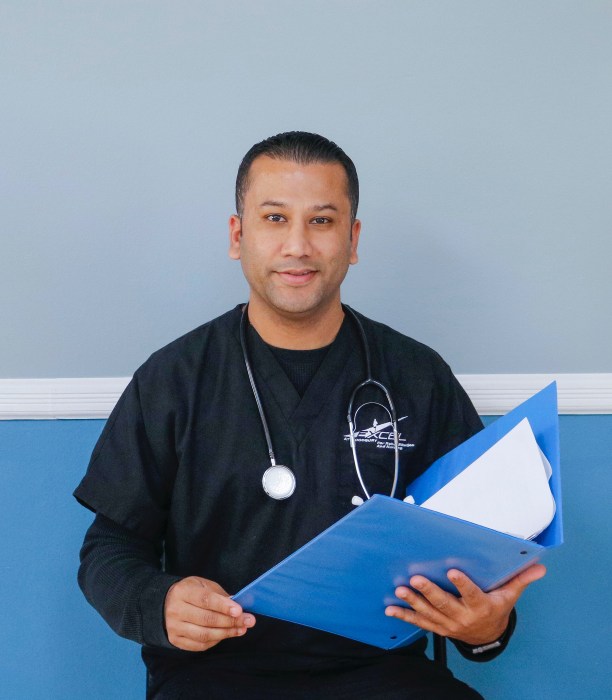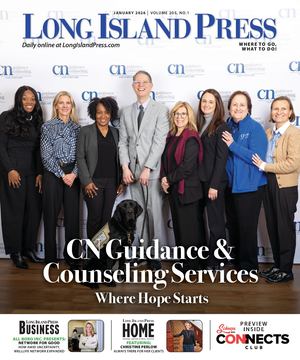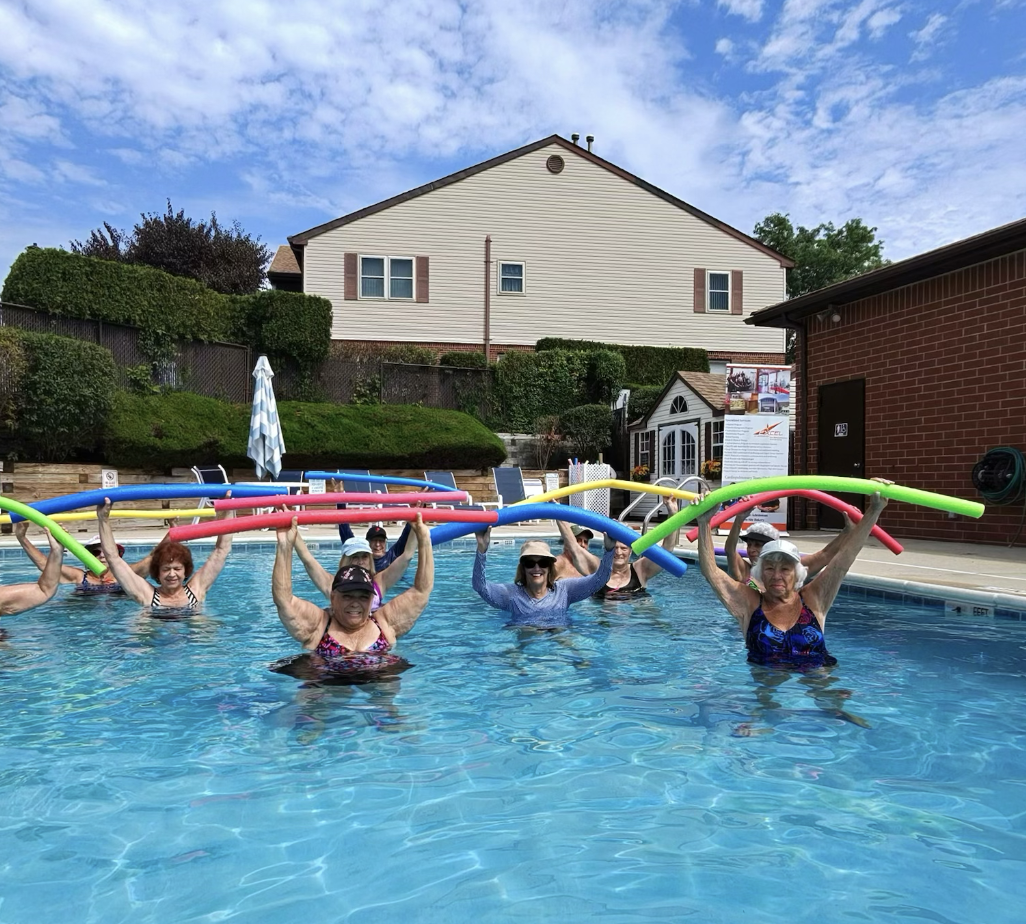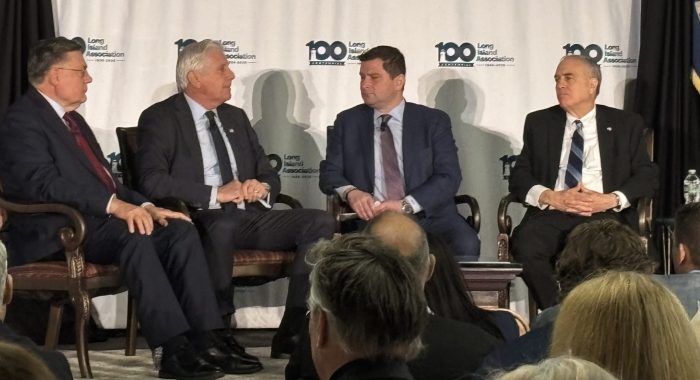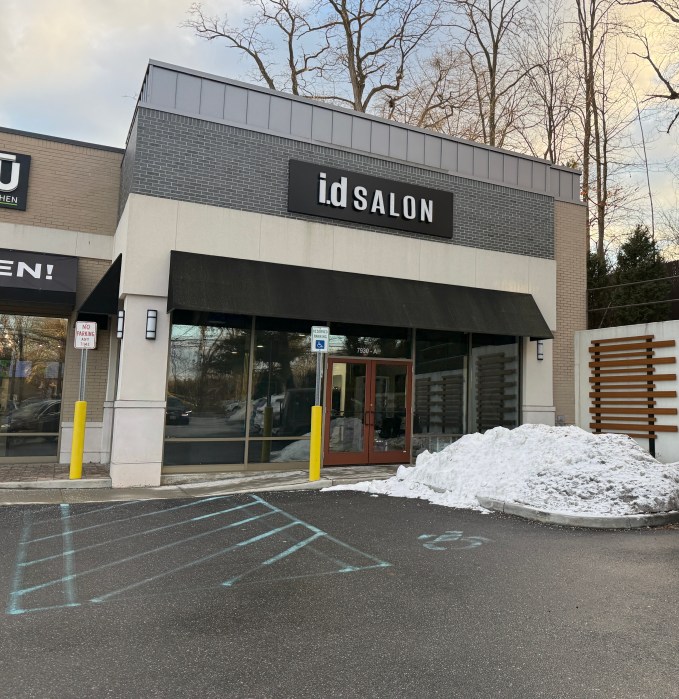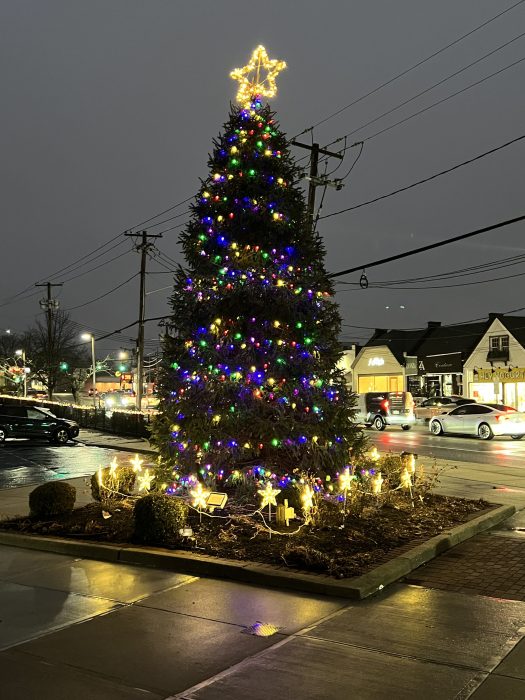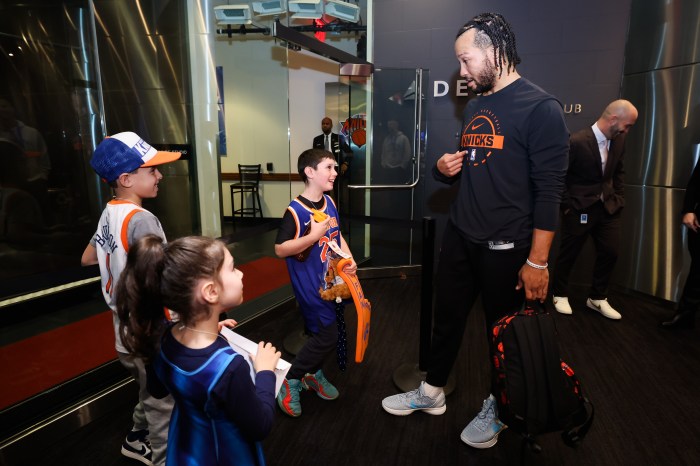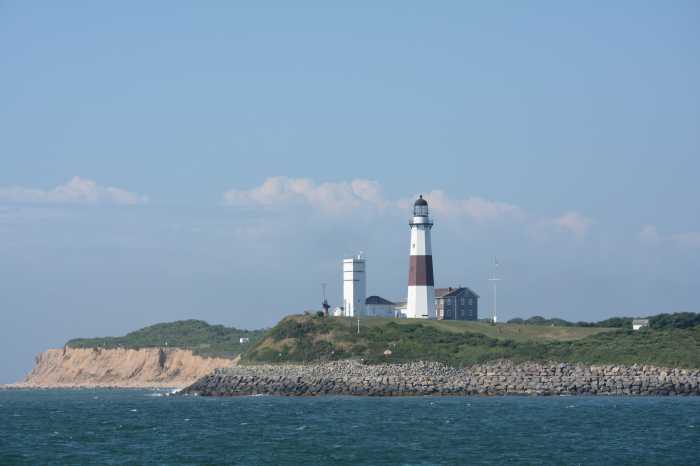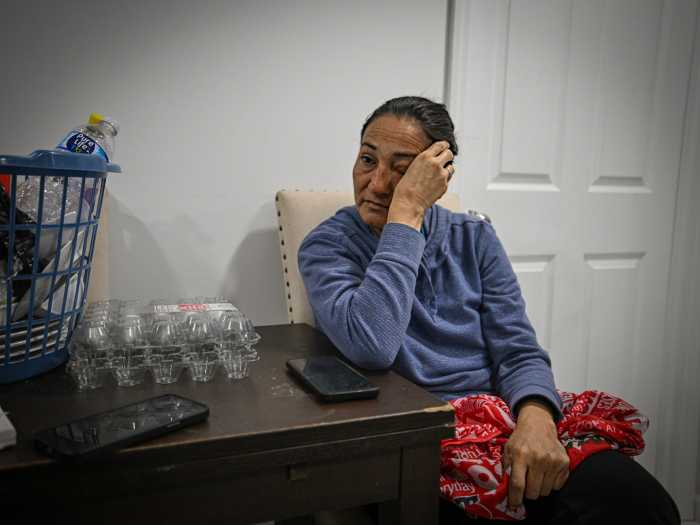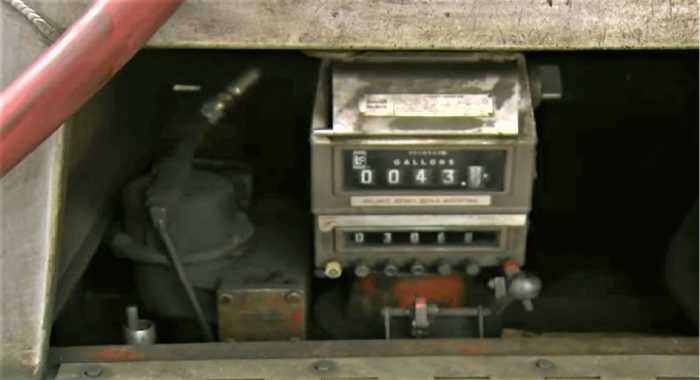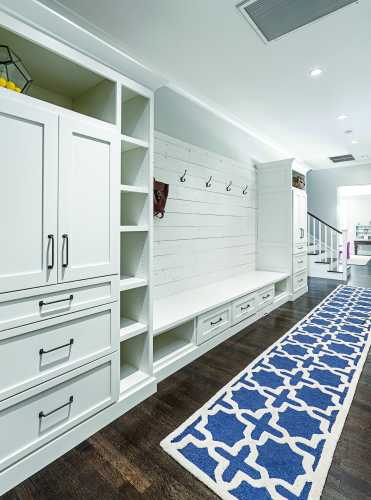When Woodbury-based physical therapist Ken Shah heard seniors complaining about their balance and joint pain, he jumped to action. Using his previous experience with aquatic therapy, Shah put together a low-impact water course that aims to improve seniors’ stability and confidence.
“I am always looking for an extra quality of care to the seniors… I realized a lot of the senior are not able to do exercises on the ground, against gravity,” he said.
Shah said he has been a physical therapist since 2011 and has worked at Excel at Woodbury for Rehabilitation and Nursing since 2014.
In that time, Shah said many seniors told him they felt limited while doing ground exercises, as they no longer able to run or perform jumping jacks and squats due to their joint pain. In addition to pain, he said adults above the age of 65 tend to lose strength and coordination.
To help combat joint pain and improve senior mobility, Shah said he decided to put his aquatic therapy certification to use and design a complimentary “cardiopulmonary aquatic therapy exercise class” for seniors in the area.
Shah said he teaches the course weekly at the low-income subsidized senior community Knolls of Melville, a facility which is overseen by the Town of Huntington, where residents can participate for free in the residence’s outdoor pool. He said the course runs from when the pool opens around Memorial Day through when it closes around Labor Day.
“They have seen significant improvements with their seniors,” he said.
He said that when he first started the course three years ago, just five people signed up. This year, he said 48 seniors signed up for the course, requiring a waitlist to be made, as the pool only holds 27 people at a time.
Shah said the youngest one of his students is 78 and the oldest is 98.
Shah said that because gravity often aggravates seniors’ hip and knee joints, the conditions of the pool make it easier for them to move without assistive devices, like walkers.
“There is buoyancy in the water, so there is less fear of falling. The water temperature — it’s a heated pool; it helps their joints,” he said.
But more than the physical affects of the course, Shah said there are mental affects too. He said that movement without an assistive device helps seniors feel more independent, which is something that they might not feel day-to-day if they are reliant on devices.
“By walking in the water, it makes them feel good about it, and that gets carried out, when they come out of the water and they feel stronger and have a more positive outlook towards their active, daily lives,” he said.
Shah said the most rewarding aspect of the course is seeing first-hand how much more independent and confident the seniors feel in and out the pool.
He said one of the seniors in the course, who is just about to turn 96, is still able to drive and move in and oout of the pool by herself. He said another one of his students is in her 70s said she was able to mitigate her shoulder pain without surgery by taking part in his aquatic therapy sessions.
“It’s not just aquatic therapy. But overall, it gives them a better quality of life,” he said.
